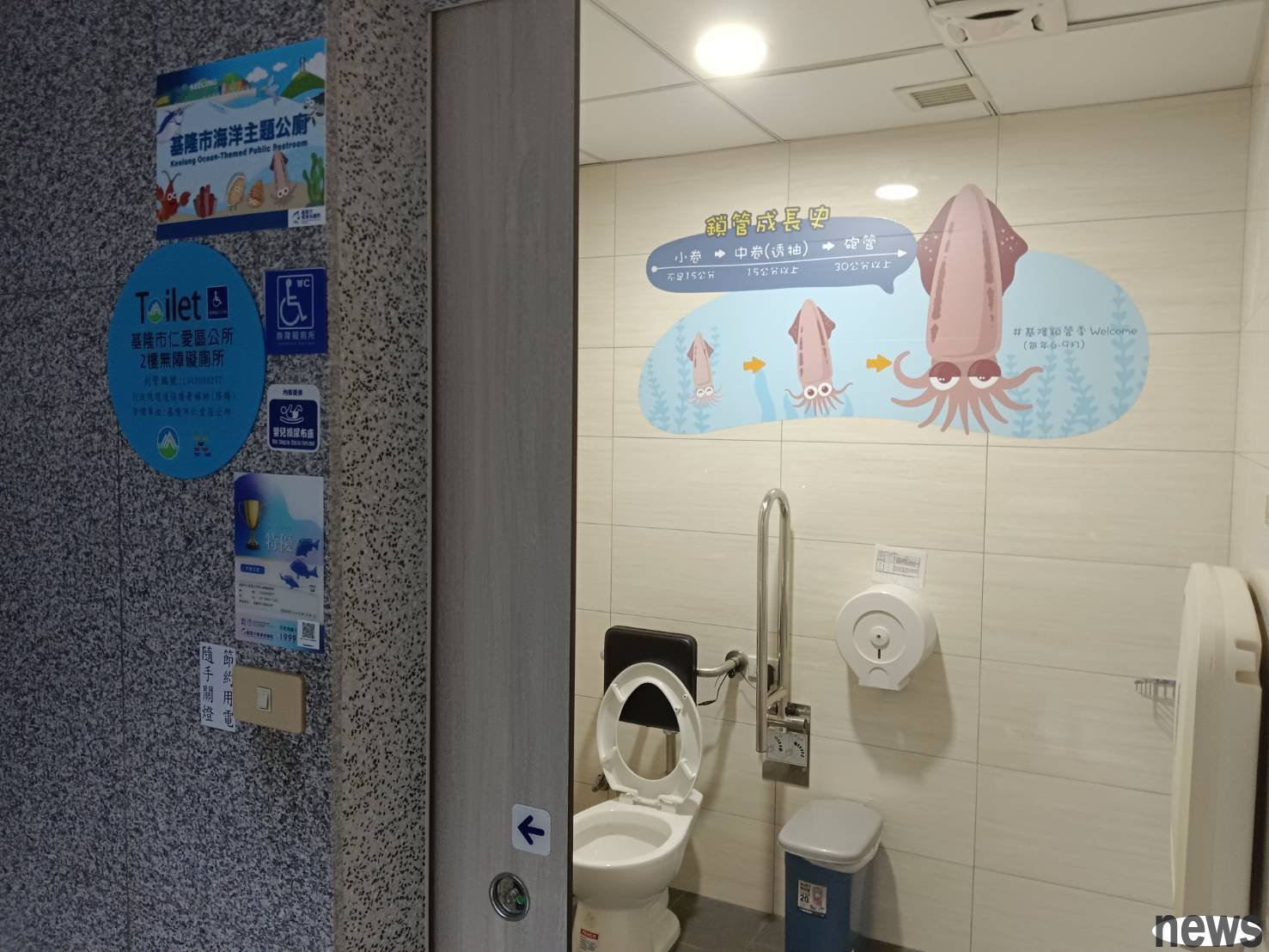Soaring prices and stagnant wages have caused many people to try their best to save money in life, but some people will go to excess. According to the Asset Formation ゴールドオンライン report, EnissiaFP representative of Japan’s Social Insurance and Labor L...

Soaring prices and stagnant wages have caused many people to try their best to save money in life, but some people will go to excess. According to the Asset Formation ゴールドオンライン report, EnissiaFP representative of Japan’s Social Insurance and Labor Law Firm, Keiko Mitō, introduced the case of a middle-aged female office worker, explaining the common traps and risks of excessive savings, and reminded that savings should be carried out within the scope of the law and common sense.
In order to cope with rising prices and frozen wages, many people have begun to implement various ways to save money. Ms. A, a 43-year-old office woman living in Tokyo, is also one of them. Miss A has moved from the countryside to the city since she entered college. She was a student during the bubble economy, but she relied on her parents for tuition and living expenses on scholarships and part-time jobs. Looking at the classmates having fun in clubs and parties, I feel somewhat lonely and lost inside.
{99 9}She made up her mind: "After I work, I must use my salary to enjoy urban life." However, she had no choice but to encounter the bubble economy and enter the employment ice age. She visited more than 50 companies and finally got a job as a clerk in a small and medium-sized manufacturing company.
However, her annual income is only about 2.8 million yen (approximately NT$560,000). Her salary has not increased amidst the sluggish economy, and she still has to repay her student loan, making it impossible to save money. In order to reduce expenses, Ms. A worked even harder to save money. She rented an old apartment with a rent of 50,000 yen (approximately NT$10,000), tried her best to save on water and electricity bills, and locked food expenses into the evening hours with discount labels. The vegetables are all priced below 100 yen (approximately NT$20), among which bean sprouts are a regular item.
Colleagues were astonished by the "extreme frugality technique"One day, Ms. A was invited by colleague B to go out for a meal. After the meal, B proposed to have another drink. In order to save money, Ms. A suggested that she go home and renew the restaurant on the grounds that the restaurant was close to her house.
B, who visited Ms. A’s residence for the first time, was very curious about her friend’s “thorough frugal life.” Although it was an old apartment, the house was clean and simple with not many items. There were small tomatoes grown in recycling containers by the window.
Finally, she noticed that there were several plastic bottles filled with water neatly arranged on the wall. When B asked if he could use the restroom, Miss A replied calmly: "Please use the water in the bottle over there to flush the toilet." B was stunned, thinking that the toilet was broken. Ms. A said calmly that in order to save water bills, she usually went to the nearby public toilets. When it was inconvenient to go out at night, she used water from the park to flush the toilets. That water is also used to water potted plants.
"Saving" or "crime"?Afterwards, B reminded: "That approach may involve the crime of theft. It is best not to do it again." Miss A was shocked when she heard the word "theft" and said she would rethink other ways to save money.
The essence of conservation is to reduce waste and reasonably control expenditures; however, taking water from public facilities without permission goes beyond the scope of conservation. Water in parks or public restrooms is managed by local governments and is for public use only. Taking it away for private use may indeed violate the law.
Saving is important, but it is also important to have correct knowledge and awareness of regulations to avoid straying into legal gray areas due to excessive savings.